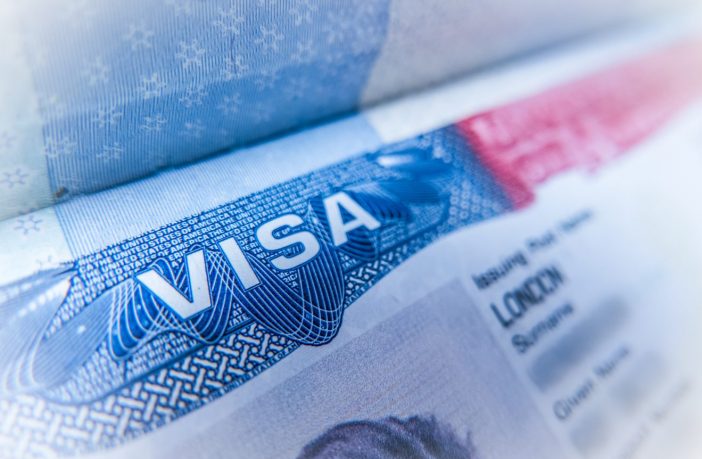The Department of Homeland Security is conducting a third lottery for H-1B visas this year after U.S.-based Indian managers allegedly sold multiple tickets to their countrymen. A lawsuit charges that companies have swamped the system with fraudulent visa applications, and that DHS has taken no steps to root them out.
“There is literally no follow-up to fake filings that we can ascertain, and no effort is made by [DHS to] weed out folks who have filed multiple applications with multiple employers,” attorney Charles Kuck told Breitbart News. “This is a giant loophole and one which is clearly subject to manipulation at the expense of legitimate applicants.”
The lawsuit, filed on behalf of 510 Chinese applicants who lost out at the first two H-1B lotteries, cites several irregularities. In effect, phony companies created a pay-to-play scheme that gamed the visa system. One individual selected in this year’s lottery reported that a consultancy sought $4,500 from him to submit an H-1B petition. Another firm, Fluxtek Solutions, promised Indian clients “100% Job Guaranteed with H-1B Visa Sponsorship.”
The H-1B program feeds large U.S. companies and their subcontractors with lower-wage, mid-skill foreign workers in fields ranging from technology and healthcare to fashion and journalism. The program is capped at 85,000 annually, with additional visas available for spouses and dependents.
The alleged lottery scheme is part of a larger network of H-1B abuse. In May, Houston-based Cloudgen LLC pleaded guilty to conspiracy to commit visa fraud in procuring H-1Bs for information technology workers from India. Earlier this year, U.S. Citizenship and Immigration Services announced it was “taking a targeted approach focusing on H-1B-dependent employers.” Still, the visa lottery’s vulnerabilities remain unaddressed.
Immigration lawyers who filed the lotto lawsuit would, in their heart of hearts, like to see substantially higher H-1B allocations. But attempts to rig the visa lottery are too much, even for them. Their complaint states:
“Despite being apprised of the abuses … DHS did not limit the number of registrations that may be submitted on behalf of a prospective employee. Instead, DHS made it easier for multiple registrations for the same prospective worker to occur.”
Pending in U.S. District Court in Washington, D.C., the legal challenge has received little coverage. “As usual, not a peep from the U.S. media … while our jobs are quietly taken away,” tweeted White-Collar Workers of America.





1 Comment
Pingback: Lawsuit: Fake Filings Clog H-1B Visa Lottery and Game the System – Immiggreat